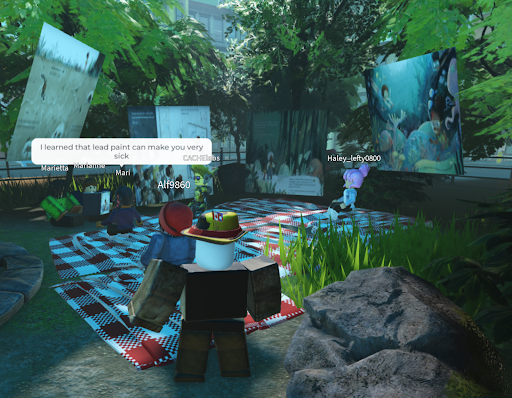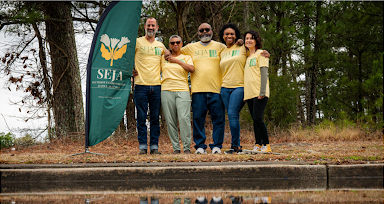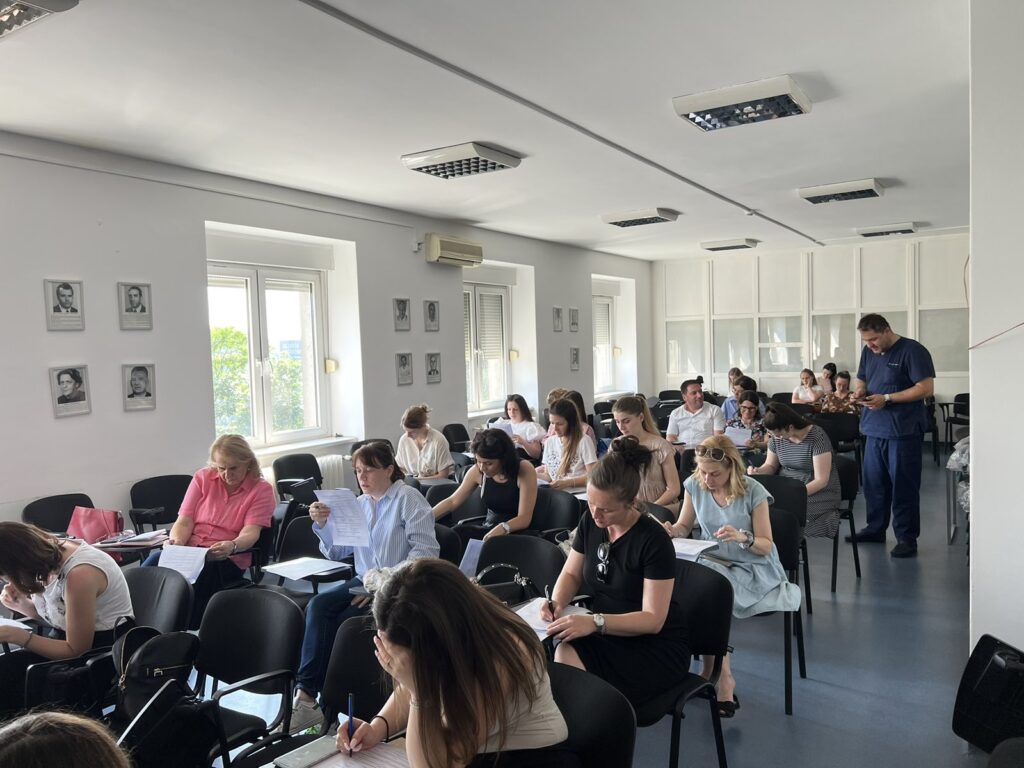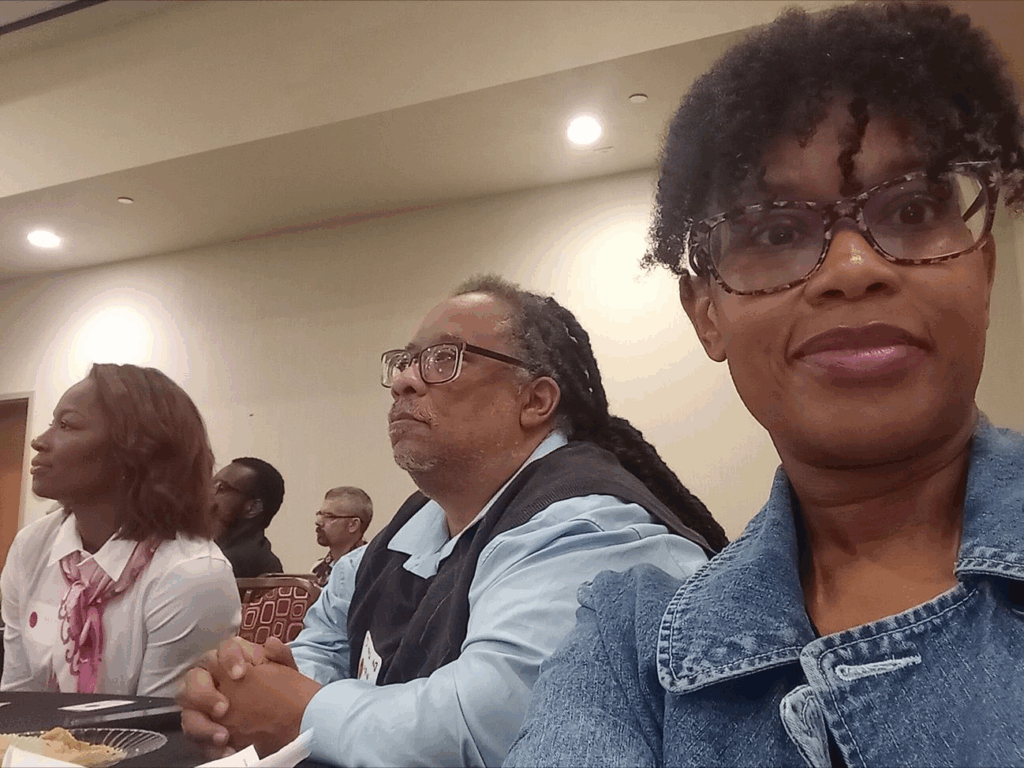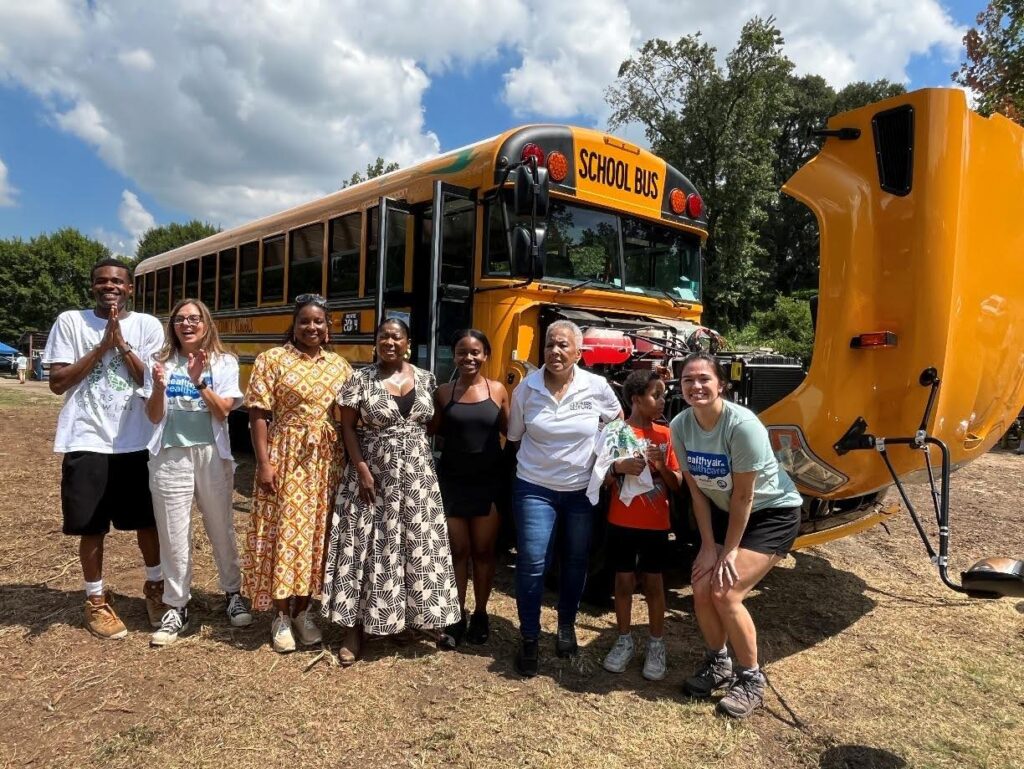Envisioning Climate Resilient and Equitable Open Spaces for Boston’s Chinatown
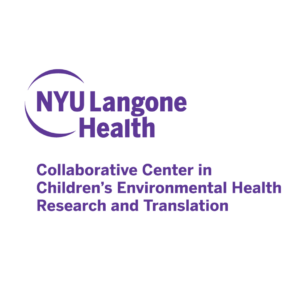
The NYU Collaborative Center in Children’s Environmental Health Research and Translation
New York University
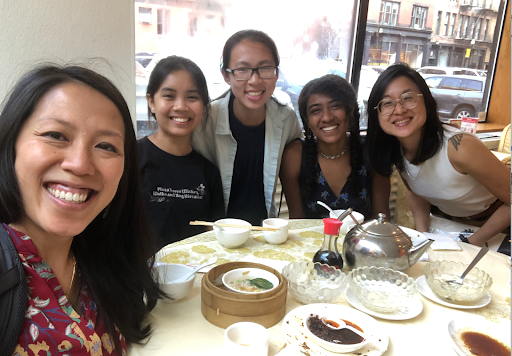
Boston’s Chinatown has been recognised as a site of environmental injustice. The recent history of urban renewal and urban planning decisions may well have been economically beneficial, but the consequent ambient air pollution, extreme heat, and urban island effects are having severely detrimental health impacts on the residents.
Seeking to address this issue is Tufts University based Research Scientist and Assistant Professor, Dr. MyDzung Chu. Dr. Chu initially reached out to the Asian Community Development Corps (ACDC) when applying for a CEHRT grant, which was successful, and allowed her to collect a wealth of environmental research. Funding from the NYU CEHRT center facilitated not only the gathering of this insightful research, but also a second project, which utilizes the aforementioned data for a pilot intervention.
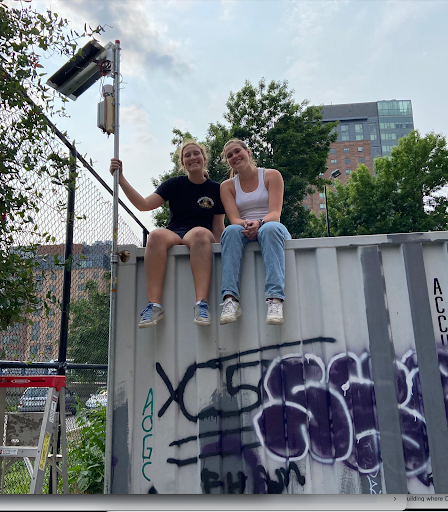
“It helped me realize that Chinatown is a place that’s heavily affected by climate change and there are ways we can help improve them.”– Chinatown youth resident
Using the existing data on air pollution, environmental conditions, and land use drivers, a community education campaign was extended to an intergenerational audience of adult residents, youth, and Chinese speakers in Boston’s Chinatown. The local residents are consequently much more informed around existing infrastructure work and the impacts it has had on the environment.
Their opinions on this, and about further developments, were shared with community stakeholders to inform future planning decisions. This type of communication is vital in community empowerment – residents can feel like they have a voice in the future developments and current management of their environment. Instead of being subjected to policies and environmental conditions that they have no awareness or active contribution to, they can express agency and advocate for how they want their locale to be managed.
Dr. Chu tells us, “We’ve built this great foundation of partnerships as well as have pilot data from this grant. We have piloted a bunch of community engagement workshops and sessions to share back the data, and also to provide skills and knowledge around urban design interventions to reduce extreme heat and air pollution.“
Through the sessions, the HEROS team ( “The Chinatown Heat Equity and Resilience in Open Spaces”,Co-PI Jenny Huang, Co-PI MyDzung Chu, Co-I Ponnapa Prakkamakul) identified a language and cultural barrier that was acting to prevent collective action and effective communication between residents, community leaders, and stakeholders. Therefore, the team developed a tri-lingual (English, Cantonese, Mandarin) interactive community workshop. The workshop aims to orient participants to climate justice and built environment issues in Chinatown, and to uplift cultural practices around health and heat resilience. Again, cultivating awareness and communication is integral to making informed, healthy choices that factor in environmental and public health. These are the building blocks to a cohesive and functioning society. The project has allowed a dialogic relationship to form between residents, stakeholders, leaders, and developers. Ensuring all voices are heard and factored into future decision making is a step in the right direction for pursuing environmental justice, albeit not the only action needed.
Future plans intend to develop further effective communication and create more culturally relevant materials. An example of this would be creating a culturally tailored online repository of educational outreach tools around Chinatown-specific environmental justice issues.
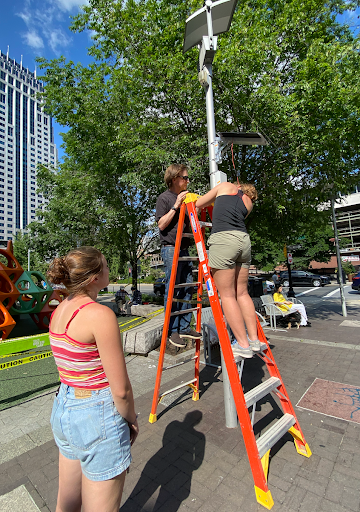
“I can make a difference to improve climate and environmental conditions in Chinatown.“– Chinatown youth resident
These two projects funded by the NYU CEHRT grant have been successful on multiple levels. Firstly, the data collection has provided valuable insights into environmental conditions and exposed the environmental injustice faced by the residents of Boston’s Chinatown. Secondly, the facilitation of workshops with residents – developing culturally tailored educational materials, and facilitating broader communication amongst stakeholders – has given residents a voice with which to advocate with. This allows for their greater contribution to future decision making, and has transformed hierarchical community relationships in Boston’s Chinatown.
Overall, this can hugely impact environmental policy, overall infrastructural development, and therefore the future health of the residents. The scheme looks likely to yield the same results when deployed in other cities; a positive for the environment, for social justice, and for health.
